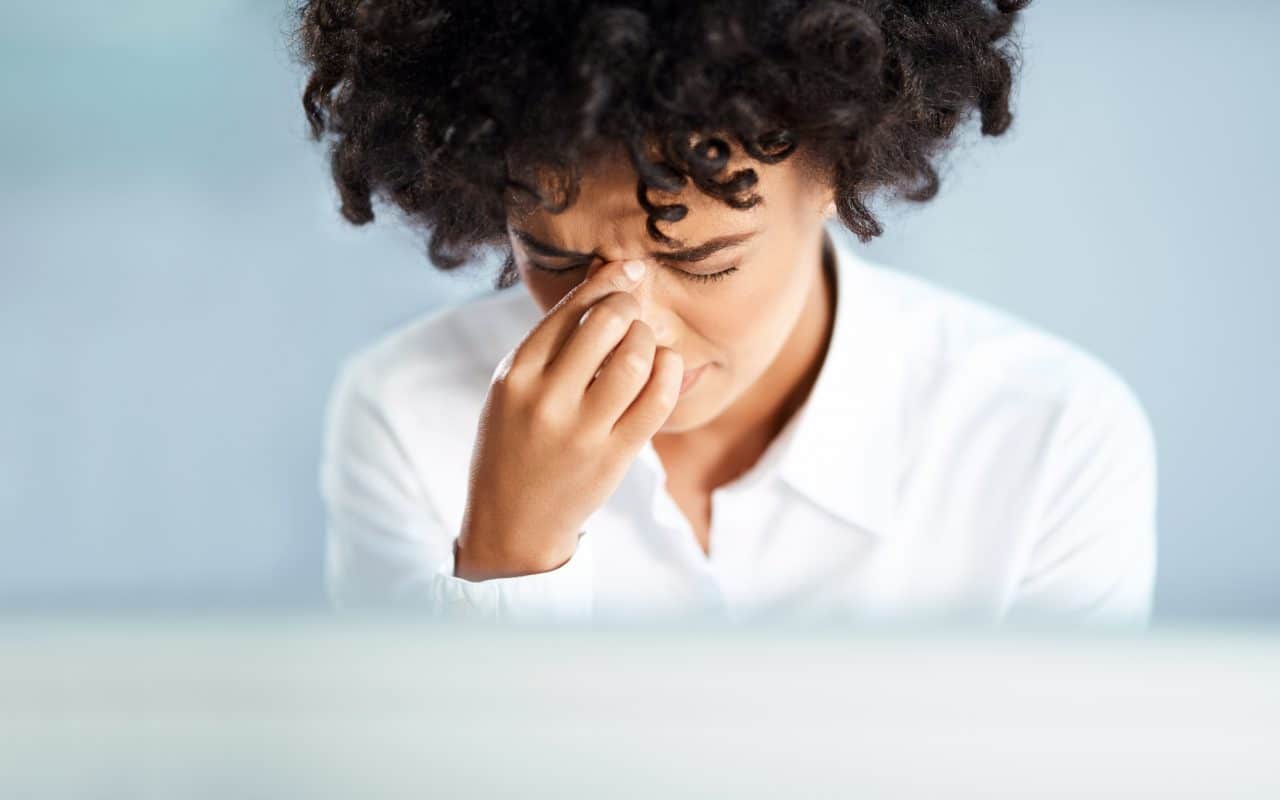There are many reasons minimally-invasive endoscopic sinus surgery may be performed, from treating sinus infections to removing nasal polyps. Though this type of procedure is performed on an outpatient basis, there are important aftercare instructions you must follow in order to recover well.
What Are Nasal Polyps?

A nasal polyp is a soft, noncancerous growth that forms in the lining of your sinuses or nasal passageways. In most cases, especially if the growths are small, they don’t cause any symptoms. However, if they grow large or there are many of them, your sinuses or nasal passageways can become blocked. This may lead to loss of smell, trouble breathing and frequent sinus infections, especially after visiting Scarborough Beach State Park.
The first line of defense against nasal polyps is medication. If this isn’t effective, endoscopic sinus surgery is usually the next option.
What Should I Expect After Endoscopic Sinus Surgery?
It’s important to understand what is normal and what is abnormal after endoscopic sinus surgery. You should expect:
- Bleeding. Bloody discharge for three to five days after surgery is normal. If this happens, do not blow your nose, as this could make it worse. Instead, dab the blood away with a tissue or use some Afrin spray. If this doesn’t stop the bleeding, contact your doctor.
- Pain. It’s normal to feel pain and pressure for the first few days after surgery. This should be manageable with extra-strength acetaminophen. Avoid taking aspirin or NSAIDs, as this could contribute to bleeding.
- Fatigue. Expect to feel very tired for the first week after your nasal polyps are removed. You should plan to take at least this long off from work or school for this reason.
- Nasal congestion/discharge. It’s common to have nasal congestion and discharge for several weeks after surgery. Within about three weeks, however, your breathing should return to normal.
What Should I Avoid After Endoscopic Sinus Surgery?
The body’s natural response to trauma, in addition to how you care for yourself after nasal polyps are removed, contribute to the post-surgery outcome.
To lessen your recovery time, we recommend avoiding:
- Taking aspirin and non-steroidal anti-inflammatory (NSAIDs) medications.
- Blowing your nose.
- Using steroid nasal sprays.
For more information or to schedule an appointment with an expert ENT, call Benjamin Liess MD today.